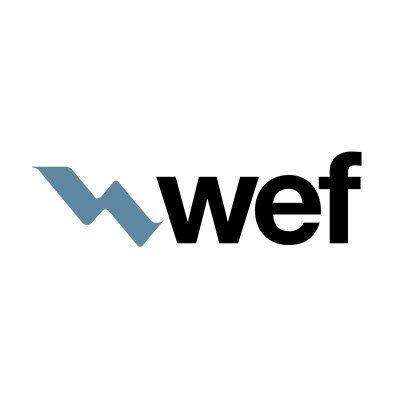Second Annual WEF Circular Water Economy Summit to Drive Sustainable Solutions
The Water Environment Federation’s second annual Circular Water Economy Summit (CWES) will take place in Dallas, Texas, July 15-17. This unique event gathers industrial and municipal water experts dedicated to sustainable solutions for water challenges.
“WEF has always been where the water sector connects, and we’re focusing now on engaging with the professionals who understand the water needs and challenges faced by commercial and industrial users,” said Ralph Exton, a member of the Circular Water Economy Summit Advisory Committee and WEF's newly appointed executive director. “I participated in last year’s inaugural CWE Summit and it was the first event to bring together great minds in both municipal and industrial water. We learned about real-world, collaborative solutions already underway and made valuable connections to share knowledge outside our usual circles.”
The circular water economy conversation centers on clean water, nutrient recovery, and renewable energy. Last year’s attendees exchanged ideas across different sectors and between public and private entities, fostering innovative solutions. This year, registered attendees include representatives from Nestlé-Purina, Meta, Exxon Mobil, Walmart, Samsung, Ambev, GM, and Hyundai.
"I’m coming to CWES because water is circular in our sector," said presenter Matthew Jalbert, Executive Manager, Northern Region at Trinity River Authority (TRA). TRA is a large conservation and reclamation district in Texas that provides water and wastewater treatment within the 18,000-square-mile basin of the Trinity River. “The North Texas region has been booming with growth, and new industries are moving into the area. These industries need to understand how their discharges can affect our wastewater treatment facilities, and local utilities want to work more closely with these industries."
One of the most significant benefits of this gathering is the opportunity for experts to converse with their counterparts in other sectors and learn about applicable solutions for their own industries. “The Circular Water Economy Summit attracts executives, decision-makers, and thought leaders from organizations that are successfully turning waste streams into value streams,” said Exton. “I cannot imagine a more powerful way to jumpstart sustainability.”
To learn more, visit https://www.wef.org/cwesummit.
Related Areas
Join or Renew Your WEF Membership Today
Connect with our community of water professionals who ensure that our local communities have access to clean water that protects public health. Explore our member benefits and find the membership type that’s right for you.


